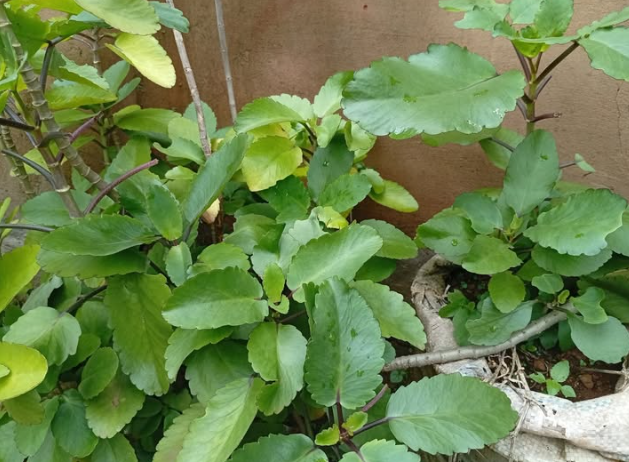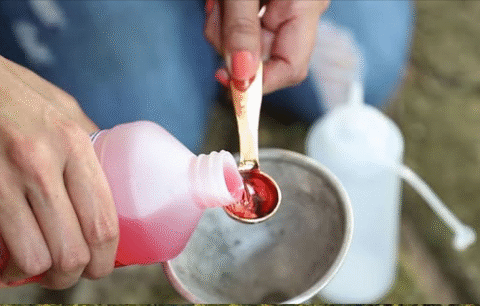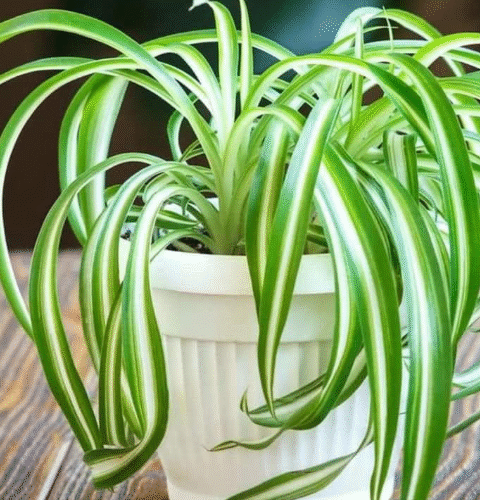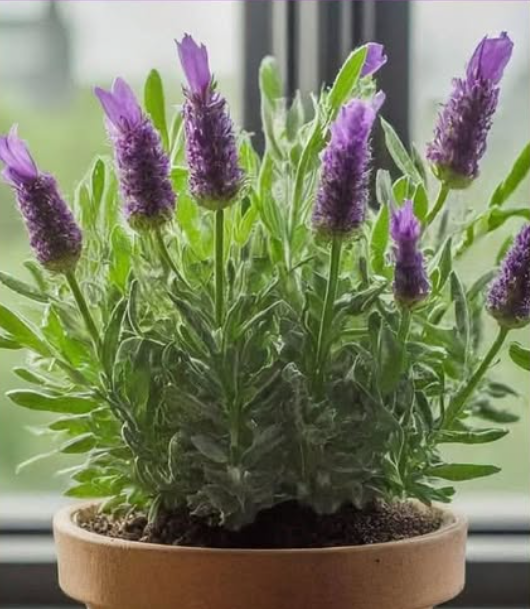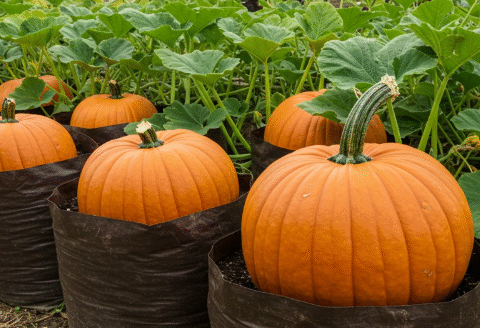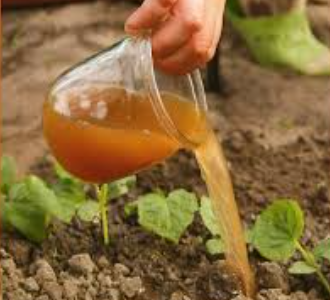Beet Leaves: The Overlooked Superfood You Should Start Eating Today 🌿
Beets are well-loved for their vibrant color and sweet, earthy flavor, especially when juiced or roasted. But while the root often gets all the attention, there’s a hidden gem that many toss aside without a second thought—beet leaves, also known as beet greens.
What if we told you that beet leaves are not just edible, but one of the most nutrient-packed parts of the plant? In this guide, we’ll explore the powerful health benefits of beet greens, how to incorporate them into your meals, and why throwing them away is a huge missed opportunity.
Nutritional Value of Beet Leaves
Beet greens are a low-calorie, high-nutrient food packed with essential vitamins, minerals, fiber, and antioxidants. Here’s what makes them a powerhouse:
- Vitamins: A, C, K, and B-complex (including folate and riboflavin)
- Minerals: Iron, magnesium, potassium, calcium, and phosphorus
- Antioxidants: Beta-carotene and lutein
- Fiber: Aids digestion and regulates blood sugar
- Plant-based protein: Adds to your daily intake without meat
Health Benefits of Beet Leaves
1. Supports Heart Health ❤️
Beet greens are loaded with potassium and magnesium—two essential minerals that help regulate blood pressure. Plus, their high fiber content supports cholesterol management, reducing the risk of heart disease.
2. Boosts Immunity 🛡️
The high vitamin C content in beet leaves strengthens your immune system, enhances white blood cell production, and helps your body fight infections and inflammation.
3. Improves Eye Health 👀
Rich in beta-carotene and lutein, beet greens protect your vision and reduce the risk of age-related eye diseases such as macular degeneration and cataracts.
4. Strengthens Bones 🦴
Beet leaves are a significant source of vitamin K, which helps your body absorb calcium more efficiently, reducing the risk of osteoporosis and maintaining strong bones.
5. Aids Detoxification 🧽
The antioxidants in beet greens support liver function, helping to cleanse the body of toxins and prevent liver damage.
6. Improves Digestion 🌱
Thanks to their fiber content, beet greens keep your digestive system running smoothly, prevent constipation, and help stabilize blood sugar levels.
7. Reduces Inflammation 🔥
Chronic inflammation is at the root of many diseases. Beet leaves contain natural anti-inflammatory compounds that help soothe joint pain and systemic inflammation.
How to Use Beet Leaves in Your Diet
Beet greens are as versatile as spinach or kale. Here’s how you can easily incorporate them into your meals:
- Sautéed: Quickly sauté with garlic and olive oil for a tasty side dish.
- Smoothies: Blend with fruits and vegetables for a nutrient boost.
- Salads: Use tender young leaves raw in salads.
- Soups & Stews: Toss them in during the last few minutes of cooking.
- Pasta & Stir-fries: Add them for color, flavor, and texture.
- Juicing: Pair with beetroot and citrus for a cleansing juice.
Nutrition Table: Beet Leaf Components & Benefits
| Nutrient | Amount per 100g | Health Benefit |
|---|---|---|
| Vitamin A | 6,300 IU | Eye health, immune support |
| Vitamin C | 30 mg | Immunity, antioxidant |
| Vitamin K | 400 µg | Bone health, blood clotting |
| Folate | 14% DV | Cell growth, pregnancy health |
| Iron | 2.6 mg | Red blood cell production |
| Magnesium | 70 mg | Muscle and nerve function |
| Fiber | 4 g | Digestive health |
How to Store Beet Leaves 🥬
To keep beet greens fresh and nutrient-rich, follow these storage tips:
- Remove the leaves from the beetroot immediately.
- Wrap them in a damp paper towel.
- Place them in a sealed bag or container in the refrigerator.
- Use within 2–3 days for best flavor and nutrition.
Why You Should Stop Throwing Away Beet Leaves 🗑️
Every time you discard beet greens, you’re throwing away a natural remedy rich in nutrients. They contain even more iron, calcium, and antioxidants than the beetroot itself! Embracing whole-plant eating reduces waste and elevates your health.
Precautions When Consuming Beet Greens ⚠️
Beet leaves contain oxalates, which can interfere with calcium absorption and may contribute to kidney stone formation in sensitive individuals. If you are prone to kidney stones, limit your intake and consult with a healthcare professional.
Expert Insights
Dr. Leila Nour, PhD in Plant Nutrition: “Beet leaves are among the most underrated sources of plant nutrition. They offer a rare combination of calcium, iron, and vitamin K that many leafy greens lack in tandem.”
Prof. Mark Benson, Registered Dietitian: “Incorporating beet greens is an easy, low-cost way to add fiber and essential minerals to your diet—especially if you already buy beets. It’s a win-win for your health and the planet.”
Frequently Asked Questions About Beet Leaves
- Are beet leaves safe to eat raw? Yes! Young leaves are tender and perfect for salads or smoothies.
- Do beet leaves taste like beets? They have a mild, slightly bitter flavor—more like Swiss chard than beetroot.
- Can I freeze beet greens? Yes. Blanch them first, then store in freezer-safe bags.
- How do I prepare beet greens to reduce bitterness? Sautéing or steaming with garlic or lemon juice helps mellow their taste.
- Are beet greens good for diabetics? Yes, due to their low glycemic load and fiber content.
- Can I eat beet leaves every day? Absolutely—but rotate with other greens if prone to kidney stones.
- Should I remove thick stems? Thicker stems can be tough. Chop finely or cook longer, or use in broths.
- What’s better: beetroot or beet greens? Both are beneficial, but beet greens have more calcium and iron per gram.
- Do beet greens interact with medications? Because of vitamin K, consult your doctor if you’re on blood thinners.
- Where can I find recipes using beet leaves? Visit AllRecipes for Beet Greens for ideas.
Conclusion: Beet Greens Deserve a Spot on Your Plate 🥗
Beet leaves are a true nutritional powerhouse hiding in plain sight. By embracing beet greens in your cooking, you not only enhance your meals but also supercharge your health—supporting your heart, bones, digestion, and immune system. Don’t toss them—treasure them!
Ready to add more plant power to your plate? Grab a bunch of beets and get cooking—leaf and all! 🌱
